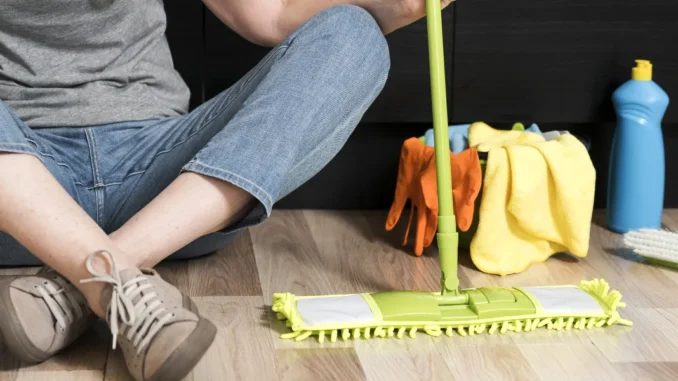
It was our 10th anniversary. My husband Carl had thrown an extravagant party—“a celebration of love,” he’d said—yet I stood there with a forced smile and a pit of dread in my stomach.
Anita, my sister‑in‑law, sashayed over, flaunting the gold bracelet Carl had given her. “Carl really outdid himself!” she gushed. I managed a brittle “It’s wonderful.”
Then Carl called for attention and presented me with a gift. I tore the wrapping off—it was a shiny new plastic mop. Silence fell. Anita’s mocking laughter broke through. Carl smirked, saying “the real gift is coming later.” I felt deeply humiliated.
Without a word, I stormed out, grabbed the mop, and smashed the windshield of Carl’s precious sports car. Then I hurled the mop at his feet and strutted back inside. Pandora’s box had opened: karma intervened as a heavy planter crashed onto the car, wrecking it completely.
Inside, Anita was frantically on the phone about frozen accounts—her smug veneer had crumbled. A family friend, Linda, whispered she’d overheard Carl had already met a divorce lawyer. The gift wasn’t thoughtless—it was a public humiliation stone before the strike.
Later, alone, I discovered the house was in my name, and I unknowingly held 51% of our business. Suddenly, I had control—the cards were in my hands.
The next morning, I packed Carl’s bags and told him, firmly, “You’re leaving.” As we stood stunned, FBI agents arrived to question me about Anita’s money‑laundering investigation. With calm conviction, I asserted my majority stake and cooperation.
As Carl retreated with his bags and karma continued to shake loose his world, I settled with Linda in my home—disbelieving but liberated. Karma had done the work. That mop? It became a symbol: the ordinary turned into the extraordinary, and I didn’t have to lift a finger.